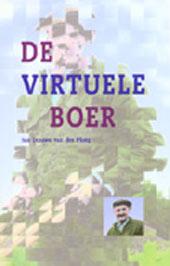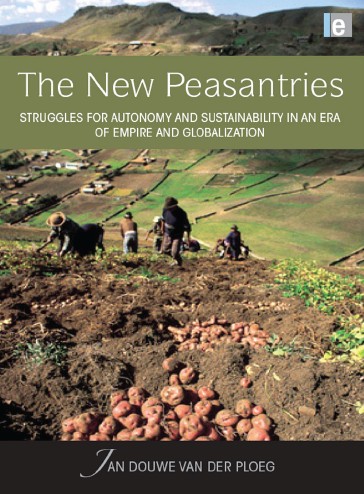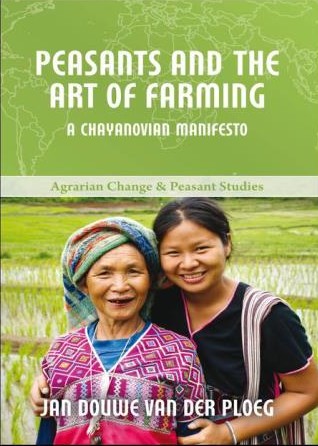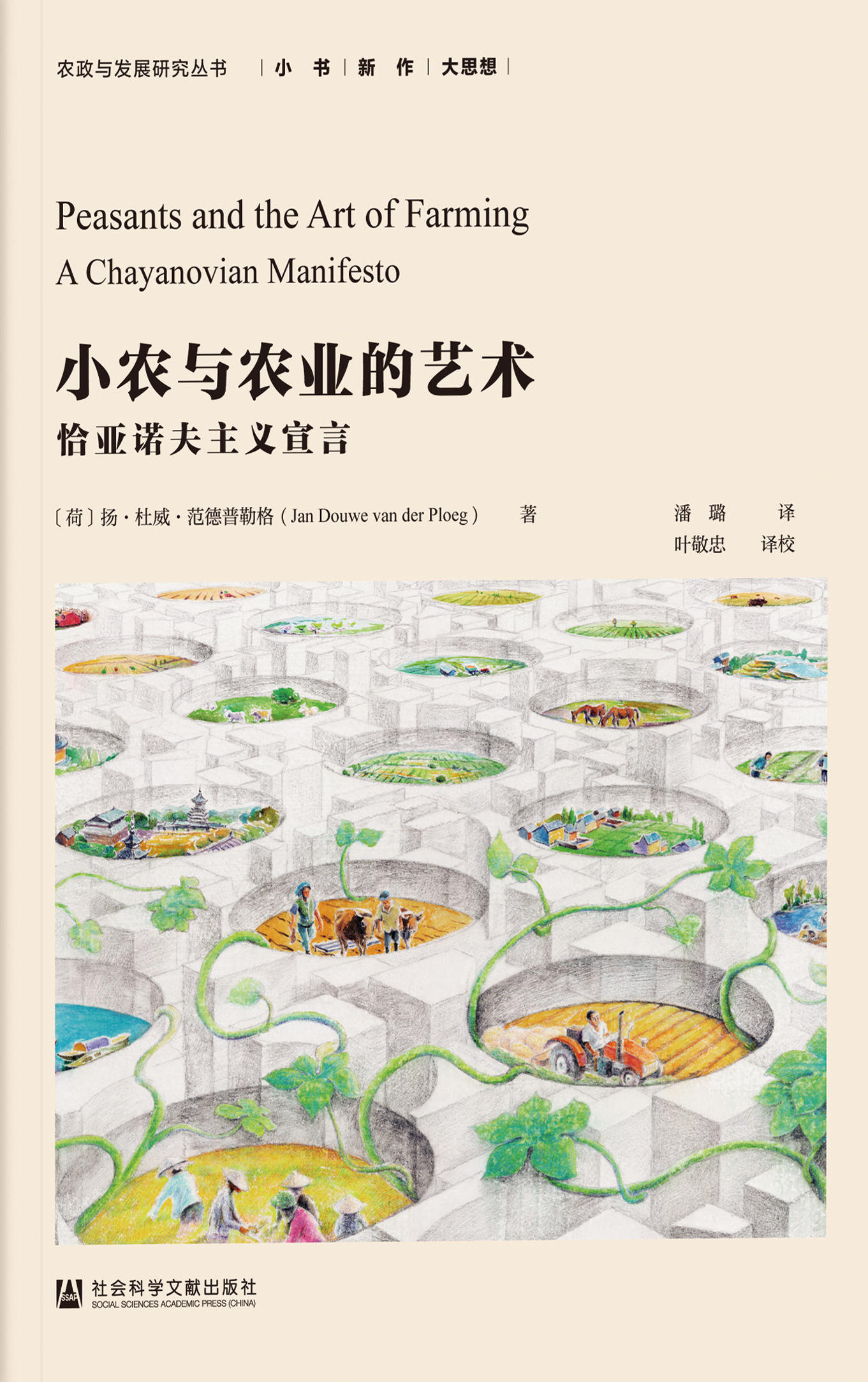EMPIRE AND THE PEASANT PRINCIPLE
(paper presented at the plenary session of the XXI Congress of the European Society for Rural Sociology, Keszthely, Hungary, August 22-26)Jan Douwe van der Ploeg
1. INTRODUCTION
Throughout the world we are witnessing the emergence of a new, powerful mode of ordering, that implies a far reaching re-patterning of both the social and natural worlds. Following Hardt and Negri (2002), Chomsky (2005), Stiglitz (2002, 2003) and others, I will refer to this new mode of ordering and the associated forms of governance as ‘Empire’. In politico-economic terms the emergence of Empire strongly associates with the sharply increased mobility of enlarged flows of capital over the globe. Central to Empire as form of governance is control and appropriation. For Empire as mode of ordering the creation of controllability is central; this often requires a far reaching reordering of the social and the natural.
Empire is exerting its effects in both town and countryside. However, due to the particularities of the rural, these effects are especially visible in the countryside, where they often turn out to be counterproductive and sometimes even highly destructive. Worldwide, but also within the enlarged European Union, Empire is reshuffling social geography. New modes of assembly, governed by Empire, not only link poor places of production to rich places of consumption but, such places, and their dissimilarities are increasingly produced (and reproduced) by, and through, Empire. Building upon James Scott (1998) who describes ‘mega projects’ as “tragic episodes of state-initiated social engineering”, we could refer to Empire as the generalization of mega projects . . I will argue that, at the level of theory, the emergence of Empire, and the associated re-patterning of the rural, calls for a reconsideration of the peasant mode of production. Firstly, because the peasantry is an important pocket of resistance, thus constituting an element of ‘multitude’. Secondly because, at the level of practice, a widespread process of re-peasantization is occurring throughout Europe. This process is partly triggered by Empire, and simultaneously constitutes an actively constructed response to it. And thirdly because we note, throughout our societies an intriguing ‘traveling’ of the peasant principle.
Autonomy is a main dimension in the multiple encounters, and emerging contradictions, between Empire and the newly emerging peasantry within Europe. At the same time I will try to indicate that the associated struggles not only affect the directly involved actors but are important for society as a whole. In formulating some elements for the future research agenda for rural sociology I will therefore focus particularly on the issue of autonomy.
Download whole article in pdf: click here






NEW
Jan Douwe van der Ploeg
Formerly Professor and Chair of Rural Sociology and Emeritus professor of Transition Studies at Wageningen University (WUR), the Netherlands and Adjunct Professor of Rural Sociology at the College of Humanities and Development Studies (COHD) of China Agricultural University (CAU) in Beijing, China.
e-mail: clic here
Jan Douwe van der Ploeg
Formerly Professor and Chair of Rural Sociology and Emeritus professor of Transition Studies at Wageningen University (WUR), the Netherlands and Adjunct Professor of Rural Sociology at the College of Humanities and Development Studies (COHD) of China Agricultural University (CAU) in Beijing, China.
e-mail: clic here